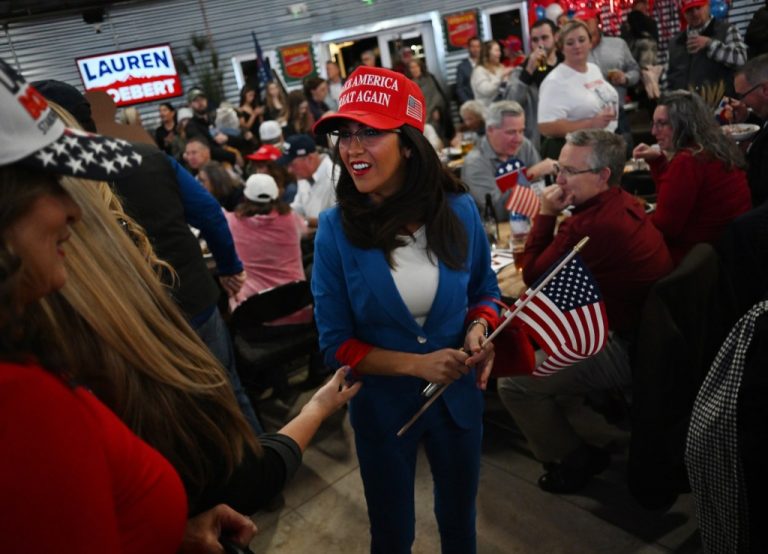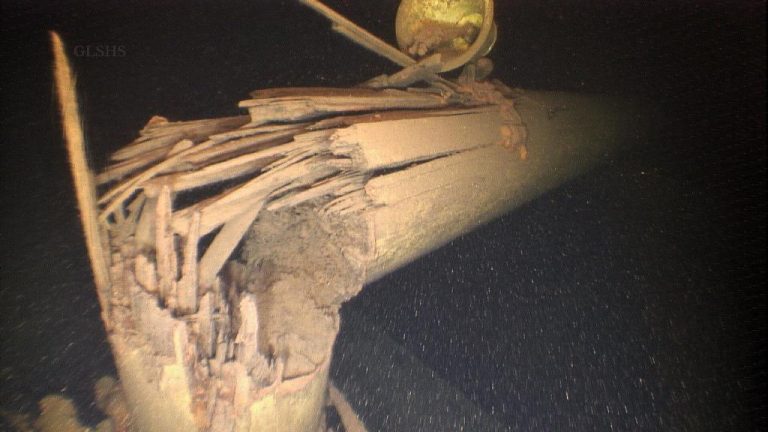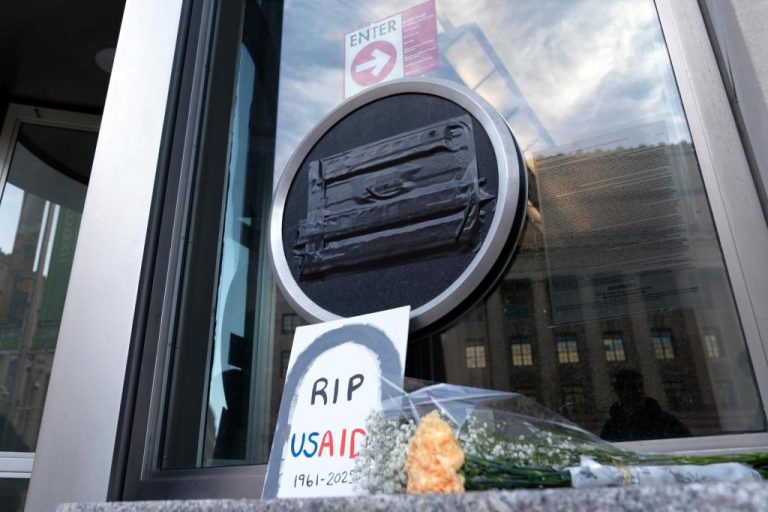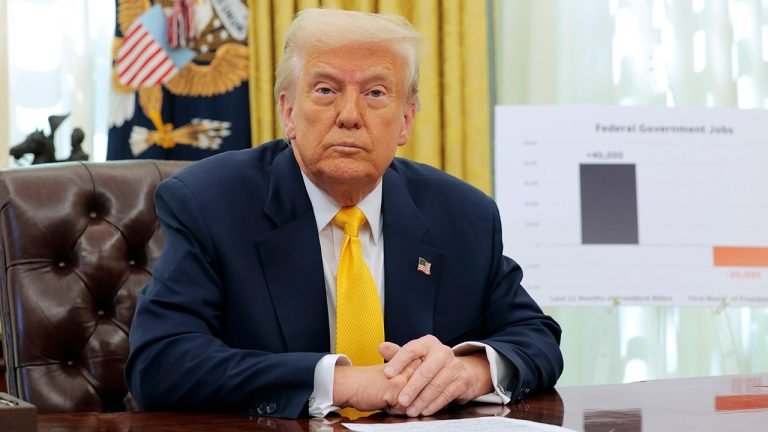An Oceanside woman ticketed for honking her car horn during a 2017 protest outside Rep. Darrell Issa’s Vista office has asked the U.S. Supreme Court to hear her case and rule that horn-honking is free speech protected by the First Amendment.
Since 2018, attorneys for Susan Porter have been trying to overturn a California law that prohibits drivers from honking their horns for any reason other than warning of imminent danger. A district judge and an appeals court panel have ruled against Porter, but on Oct. 19 her attorneys filed a petition for writ of certiorari.
“Using a car’s horn to express support for a protest is a widespread form of First Amendment protected activity that has a history virtually as long as that of the automobile,” the petition to the Supreme Court begins.
Porter was ticketed for an infraction by a sheriff’s deputy as she honked her horn while leaving one of the then-weekly protests at Issa’s office in Vista, where community members frustrated with Issa’s support of President Donald Trump vented their outrage and decried Republican proposals such as ending the Affordable Care Act, dismantling environmental regulations and building a border wall.
The American Civil Liberties Union of San Diego & Imperial Counties filed suit on Porter’s behalf the next year in federal court, arguing California’s law against honking for any reason except to warn of danger violated her First Amendment rights. A district judge ruled against Porter, as did a three-judge panel from the 9th U.S. Circuit Court of Appeals. Her petition to have the case reheard by an en banc panel was denied, leaving the Supreme Court as her final option.
Thaila Sundaresan, a partner at the law firm Davis Wright Tremaine, and Andrew Row, an associate at the same firm, are the lead attorneys in the case. They said that while the honking issue might seem narrow, it has wider implications for how governments must craft laws that potentially infringe on speech rights “with a scalpel, not a sledgehammer.”
Row pointed out that both President Joe Biden and former President Donald Trump, during their 2020 election campaigns in the midst of COVID restrictions, urged or referenced honking as a way to support them. “The pandemic showed that when restrictions are placed on gatherings, people use cars as extensions of themselves to add their voice” to whatever cause they support, Row said.
The attorneys also argued in their petition that a government witness in the case could not point to a single traffic crash in California history caused by non-warning honking. “It’s an overly broad prohibition,” Sundaresan said.
The government defendants — in this case, Sheriff Kelly Martinez and California Highway Patrol Commissioner Sean Duryee — have the opportunity to respond to the petition before the Supreme Court will decide whether to hear the case.
If the court did hear the case, it would be the second San Diego-area case dealing with the First Amendment to make it to the court this term. On Tuesday, the justices heard arguments in two cases dealing with the question of whether public officials can block people from their social media accounts.
One of those cases concerned a parent who sued two officials from the Poway Unified School District — former trustee T.J. Zane and trustee Michelle O’Connor-Ratcliff — who blocked him on their Facebook and Twitter pages.
At issue in the case is whether public officials with social media pages where they discuss public business can block individuals, or if doing so violates the First Amendment.
Last year, the 9th Circuit ruled in the Poway case that public officials who block commentators could be in violation of speech rights. But a month earlier, the 6th U.S. Circuit Court of Appeals came to the opposite conclusion, ruling a city manager in Michigan who blocked a constituent from his social media did not violate the constituent’s free-speech rights.
The Supreme Court agreed to hear both cases to settle the disputed rulings as part of a wider focus this term on the relationship between government and private digital platforms.
The Associated Press contributed to this report.





